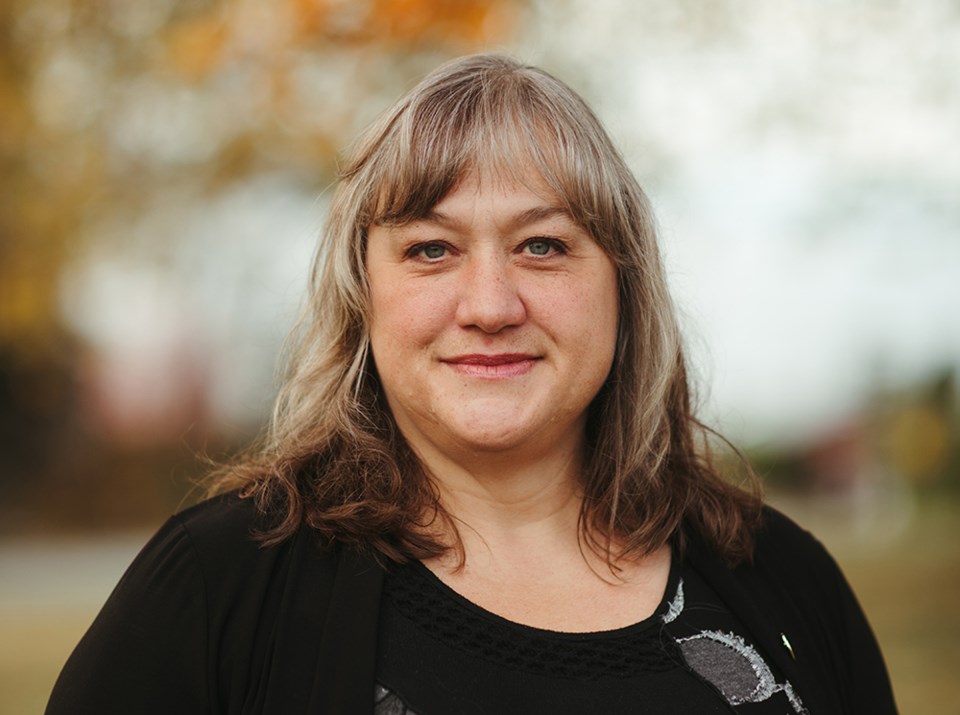qathet Regional District’s board of directors has passed a resolution for Union of British Columbia Municipalities (UBCM) to include First Nations in section 90 of the Community Charter. Section 90 refers to meetings that may or must be closed to the public.
At the May 24 regional board meeting, directors considered the resolution that read: Whereas First Nations are constitutionally recognized as a level of government in Canada and BC, and have the inherent right to self-government, including decision-making over their own lands, resources and governance through the provisions outlined in United Nations Declaration on the Rights of Indigenous Peoples and provincial Declaration on the Rights of Indigenous Peoples Act;
And whereas section 90 of the Community Charter provides for the ability for confidential government-to-government negotiations, but does not include First Nations in this provision: Therefore, be it resolved that the provincial government be called upon to amend section 90 of the Community Charter to recognize First Nation governments as a level of government, thereby recognizing and affording equitable protection for government-to-government meetings on par with other levels of government that are already listed within this act.
City director Cindy Elliott said the request is that the provincial government amend the Community Charter to treat First Nation governments on par with other governments within the legislation.
“Currently, the legislation does not recognize First Nations as a government and marginalizes first nations within that legislation,” said Elliott.
Electoral Area E director Andrew Fall and Electoral Area B director Mark Gisborne both spoke in favour of the motion.
City director George Doubt said he appreciated what the motion was trying to get at but he had a problem with it.
“Firstly, the regional district and municipal governments are children of the provincial government,” said Doubt. “They are created and regulated by the provincial government. The provincial government can direct us what to do and what not to do.
“Treaty First Nations are distinctly different. They are not creatures of the provincial government. They have a relationship with the federal government.”
Doubt said treaty First Nations are welcome to be members of UBCM and also welcome to become members of the regional district.
“If there is going to be an inclusion in the Community Charter and the Local Government Act that sets up rules for First Nations, the people involved in that should be the First Nations themselves,” said Doubt. “I have a problem with a regional district having the authority to speak on behalf of the Tla’amin Nation and to speak for what we think regulations should be on their level of government.
“If there was a member of Tla’amin Nation here asking us for support for that motion, I’d be all in, but I have a real problem with the regional district saying this is how we would like the province to regulate First Nations governments. It could create more problems than it solves.”
Electoral Area C director and board chair Clay Brander said he didn’t see the resolution as regulating First Nations.
Electoral Area D director Sandy McCormick said the motion opens the door to bringing First Nations governments to the table and what they choose to do will be their decision.
“It’s the right thing to do,” said McCormick.
The motion on the resolution carried, with Doubt opposed.



